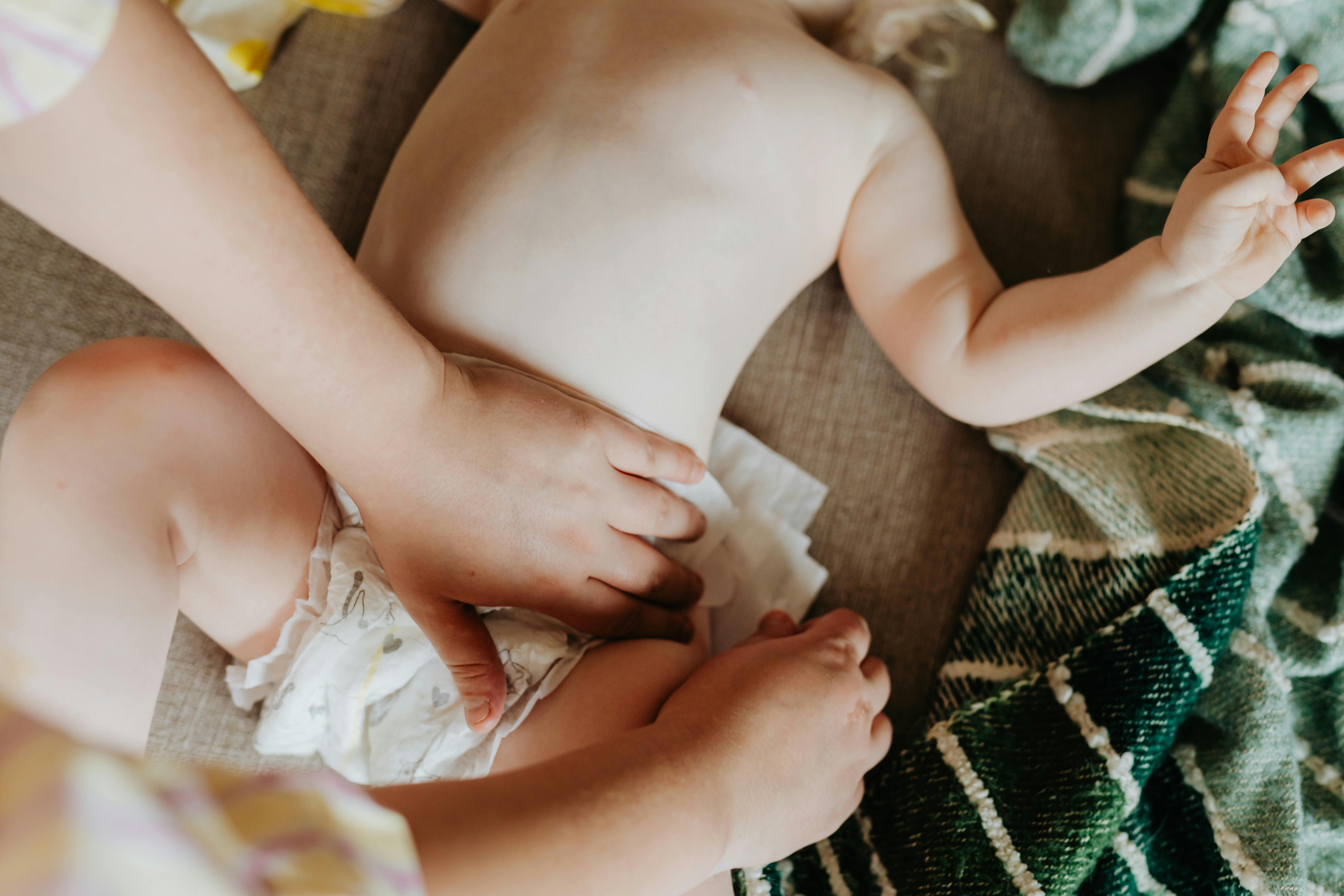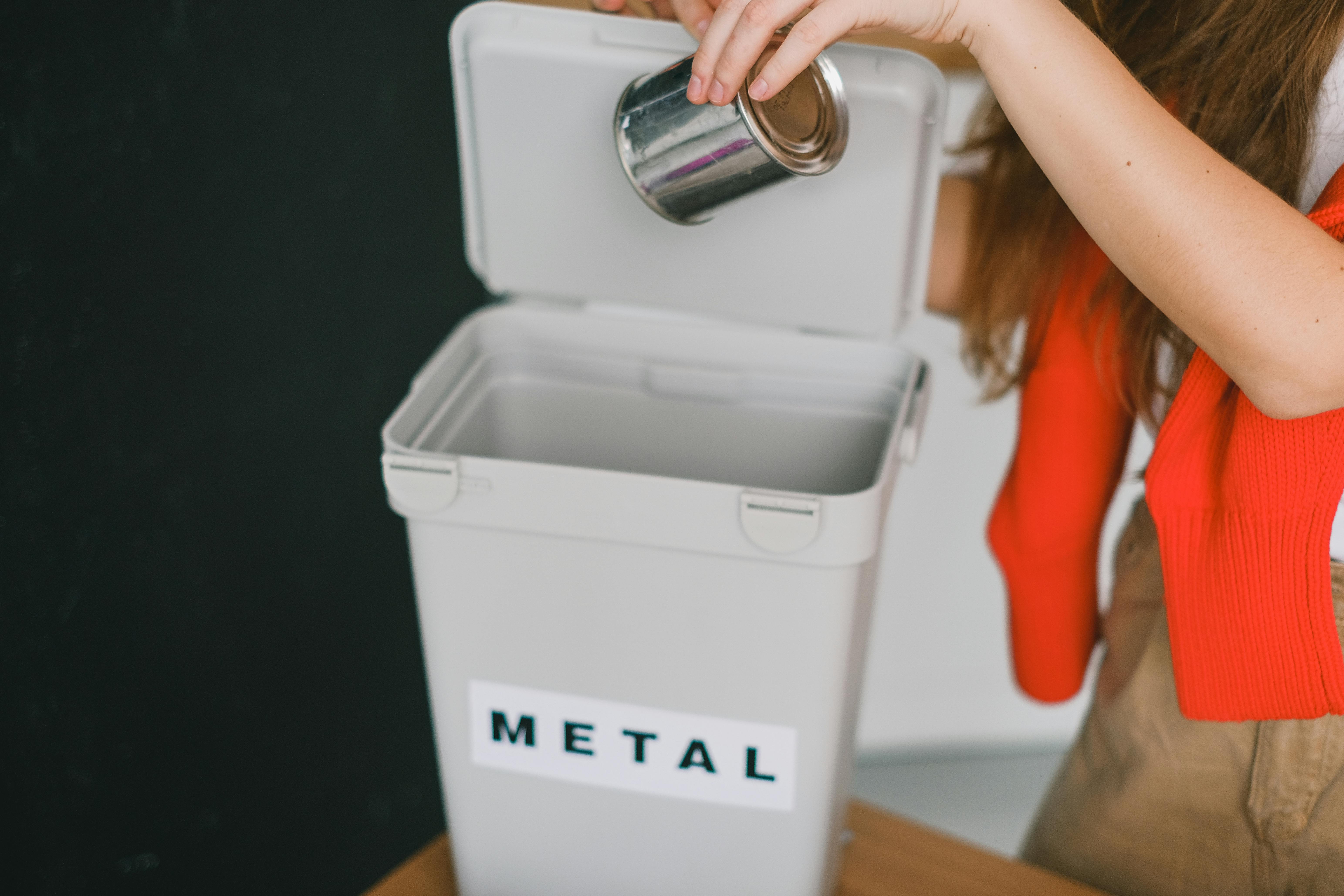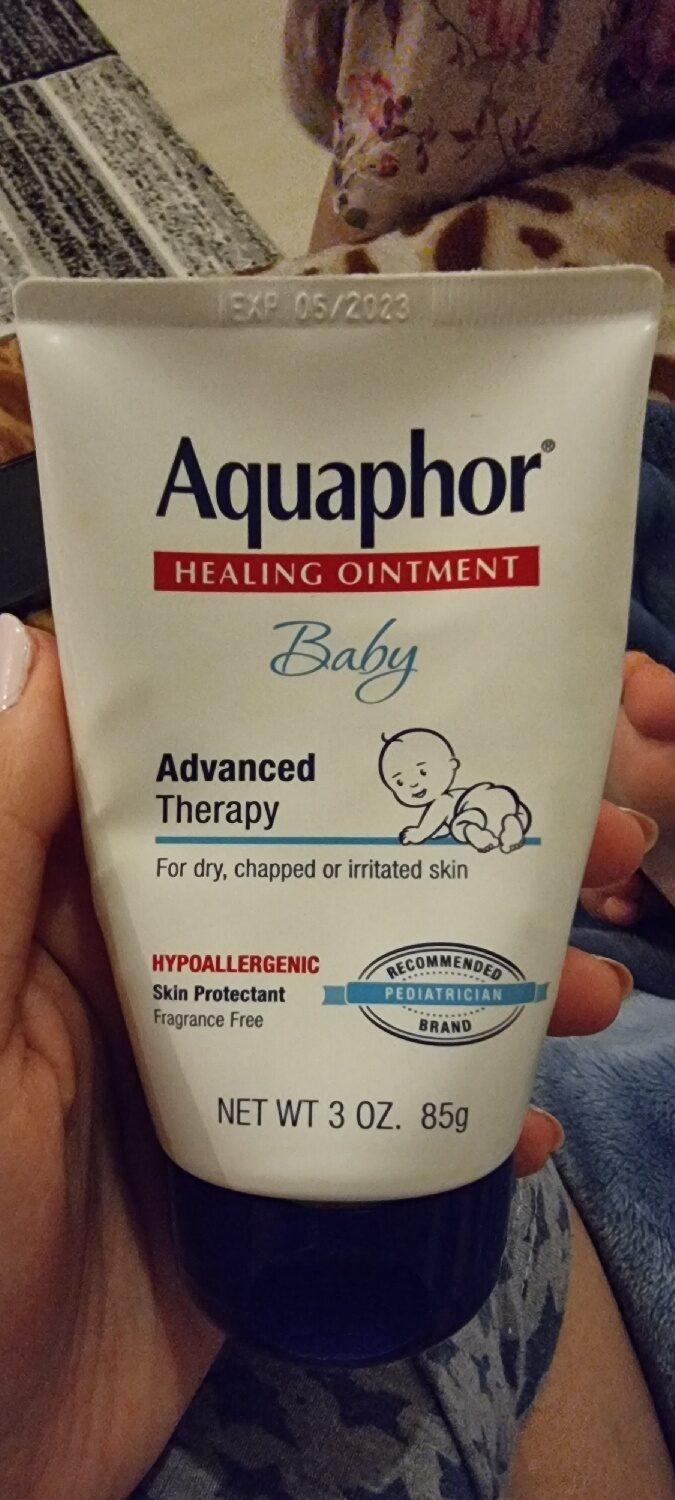Aquaphor is a popular product used to treat many skin conditions, including baby acne. Baby acne is common and usually appears on a newborn’s face within the first few weeks of life. While it may seem like an appropriate solution, it is important to know if Aquaphor is safe to use on baby acne. In this article, we will discuss the safety of Aquaphor for baby acne and provide other tips for treating the condition.Aquaphor is a healing ointment made by Eucerin that works to protect and soothe dry, cracked, or irritated skin. It is widely used to help heal minor cuts and burns, chapped lips, and other skin irritations. Aquaphor also has skin protectant properties and is often used to help prevent diaper rash in infants.
Can You Put Aquaphor On Baby Acne?
Baby acne is a common skin condition that affects newborns and infants. It is caused by hormones passed from the mother to the baby during pregnancy, and usually appears within the first few weeks after birth. Aquaphor is a popular healing ointment that can be used on all types of skin, including babies. But can you put Aquaphor on baby acne?
The short answer is yes, you can safely use Aquaphor for baby acne. The active ingredients in Aquaphor are petrolatum, lanolin, mineral oil, glycerin and panthenol. These are all safe for babies and provide moisture to help soothe the skin while providing an occlusive barrier to protect the skin from further irritation.
However, it’s important to note that Aquaphor should only be used as a spot treatment for baby acne. Applying it all over your baby’s face can clog pores and make the situation worse – so just apply it directly to affected areas of your baby’s skin. It’s also important to be aware that some babies may be sensitive to lanolin or other ingredients in Aquaphor – so if you notice any reaction or irritation when using this product then stop using it immediately and contact your pediatrician.
In addition to spot treating with Aquaphor, there are other measures you can take to help manage your baby’s acne. Keeping your baby’s skin clean and dry is key – avoid using any harsh soaps or detergents on their delicate skin and gently pat dry their face after cleansing with lukewarm water. If possible, try not to let their face come into contact with any fabric such as hats or clothing – this will help keep their pores free of additional irritation and allow the acne to heal more quickly.
Overall, if used correctly Aquaphor can be an effective way of treating baby acne – but make sure you follow instructions carefully in order to avoid any potential reactions or irritations on your little one’s delicate skin!
The Benefits of Aquaphor for Baby Acne
Aquaphor is an ointment that can be used to help treat baby acne. Baby acne is a common condition that affects infants and usually resolves itself after a few weeks. Aquaphor can help soothe the skin and reduce redness and inflammation associated with baby acne. It is gentle enough to use on babies’ delicate skin, yet it also contains active ingredients that are known to help reduce redness and irritation. The active ingredients in Aquaphor also provide a protective barrier, which keeps moisture in and irritants out. This helps keep the skin hydrated while also reducing inflammation caused by baby acne.
In addition to its anti-inflammatory properties, Aquaphor can also help reduce the appearance of scarring associated with baby acne. Its active ingredients are known to help reduce the appearance of scars by helping to promote healing. This can be especially beneficial for parents whose babies may have more severe cases of baby acne.
Finally, Aquaphor can be used as a preventative measure against baby acne. By applying it regularly to areas prone to breakouts, parents can help keep their babies’ delicate skin free from irritation or inflammation caused by bacteria or other irritants. Regular use can also help keep skin hydrated and soft, which helps reduce redness and dryness associated with breakouts.
Overall, Aquaphor is an effective treatment for baby acne that can provide soothing relief for parents and their babies alike. Its active ingredients are known to reduce redness and inflammation while helping promote healing of any scarring caused by breakouts. Additionally, regular use as a preventative measure can help keep skin hydrated and free from irritation or inflammation caused by bacteria or other irritants.
Potential Risks of Using Aquaphor on Baby Acne
Using Aquaphor on baby acne may be tempting due to its moisturizing properties, however, it is important to note that this product can carry certain risks. The most common risk associated with using Aquaphor on baby acne is that it can cause irritation. The skin of a newborn is much more sensitive than that of an adult, and even a small amount of Aquaphor can cause redness or itching. Additionally, the product may clog the pores which can lead to further skin issues such as increased redness and inflammation.
Another potential risk of using Aquaphor on baby acne is an allergic reaction. Some babies may be allergic to certain ingredients in the product which can cause a rash or hives. It is important to check with a doctor before using any type of ointment or cream on a baby’s skin, as some ingredients can be irritating or even toxic for young children.
Finally, using too much Aquaphor on baby acne can also lead to an increase in breakouts as the product may further clog the pores and lead to an excess of sebum production. To avoid this issue, it is best to use only small amounts of the product and apply it sparingly only when necessary.
Possible Side Effects of Using Aquaphor on Baby Acne
Using Aquaphor on baby acne may lead to a variety of side effects. The most common side effect is skin irritation and dryness. This can be caused by using too much of the product, or using it too often. Additionally, the use of Aquaphor may lead to redness, itching, burning, or stinging sensations that can worsen the condition of baby acne.
In some cases, overly aggressive use of Aquaphor can cause further complications such as contact dermatitis. This is an allergic reaction that results in inflamed skin and can be painful and itchy. If this occurs, immediately stop using the product and seek medical attention if necessary.
It is also important to note that some babies may be sensitive to the ingredients in Aquaphor. This could result in an adverse reaction that could cause further skin irritation or even allergic reactions. If you notice any signs of sensitivity while using Aquaphor on your baby’s acne, immediately discontinue use and consult your doctor for advice about how best to proceed with treatment.

How to Spot the Difference Between Baby Acne and other Skin Conditions
Baby acne is a common skin condition that affects many newborns. It appears as small, red bumps on the baby’s face or body. These bumps are usually harmless and will usually go away on their own within a few weeks. However, it is important to know how to distinguish baby acne from other skin conditions that may require medical attention.
The first step in spotting the difference between baby acne and other conditions is to look at the location of the bumps. Baby acne typically appears on the cheeks, forehead, chin, or back of the neck. Other skin conditions may appear anywhere on the body, including areas where baby acne does not usually occur.
Another way to spot the difference between baby acne and other skin conditions is to note the color of the bumps. Baby acne typically appears as small red bumps. Other skin conditions may appear as whiteheads, blackheads, or even blisters filled with fluid or pus.
It is also important to note any changes in your baby’s skin over time. If you notice new rashes or bumps appearing or existing rashes getting worse, this could be a sign of an underlying condition that requires medical attention. If you are concerned about your baby’s condition, it is best to contact your doctor right away for a proper diagnosis and treatment plan.
Finally, it is important to remember that all babies are different and some may be more prone to certain skin conditions than others. If you have any questions or concerns about your baby’s skin condition, it is always best to consult with your doctor for proper diagnosis and treatment plan.
With these tips in mind, you can feel confident in knowing how to spot the difference between baby acne and other skin conditions so that you can get your little one the help they need if necessary!
How to Effectively Apply Aquaphor on Baby Acne
Baby acne is a common skin condition that affects many newborns. It is usually characterized by small red bumps on the face, usually around the cheeks and forehead. Although it is harmless and typically resolves itself without any kind of treatment, there are certain products that can help reduce the appearance of baby acne. One such product is Aquaphor, which is a gentle ointment that helps moisturize and soothe baby’s skin. Applying Aquaphor to baby acne can help reduce its appearance and improve skin health. Here are some tips on how to effectively apply Aquaphor to baby acne:
1. Start by washing your hands thoroughly with warm water and soap before handling your baby’s skin. This will help reduce the spread of bacteria or other irritants.
2. Use a clean cotton ball or pad to gently wipe away any excess oil or dirt from your baby’s face before applying Aquaphor.
3. Apply a thin layer of Aquaphor ointment directly onto the affected area, using gentle strokes in one direction only.
4. Allow the ointment to absorb into your baby’s skin for a few minutes before wiping away any excess with a clean cloth or cotton ball.
5. Repeat this process twice daily until the baby acne has cleared up completely.
It is important to note that Aquaphor should not be used as a substitute for other treatments recommended by your doctor, such as topical creams or antibiotics prescribed specifically for treating baby acne. However, it can be used as an additional measure to help soothe and moisturize your baby’s delicate skin while providing relief from itching or irritation caused by dryness or eczema.
Alternatives to Using Aquaphor on Baby Acne
Baby acne is a common skin condition that can affect newborns and infants. While it is usually harmless and will clear up on its own, many parents choose to treat it with a special ointment such as Aquaphor. However, there are other alternatives to using Aquaphor that may help reduce the symptoms of infant acne.
One natural remedy for baby acne is coconut oil. Coconut oil is known to have anti-inflammatory properties and can be used to soothe the skin. It can be applied directly to the affected area or mixed with other natural ingredients like honey or lemon juice. Additionally, coconut oil has been found to be safe for babies with sensitive skin and can even help reduce the appearance of stretch marks.
Another option for treating baby acne is a gentle facial cleanser. Cleansers that are specifically formulated for babies are usually free of harsh chemicals and fragrances, which makes them safer for use on young skin. They also contain mild ingredients that help keep pores clean and reduce inflammation without drying out the skin.
For babies who suffer from more severe cases of acne, topical medications such as benzoyl peroxide or salicylic acid may be recommended by a pediatrician or dermatologist. These medications work by killing bacteria on the surface of the skin and clearing away excess oils that can block pores and lead to breakouts. However, they should only be used under the supervision of a doctor as they may cause irritation or dryness in some infants.
Finally, parents can use natural home remedies such as aloe vera gel or chamomile tea to soothe baby’s skin after cleansing or applying medication. Aloe vera has been found to have anti-inflammatory properties and can help reduce redness and inflammation associated with acne breakouts. Chamomile tea is also thought to have calming effects on irritated skin and can help reduce inflammation when applied topically.
Regardless of which method parents choose, it’s important that they speak with their pediatrician before using any products on their baby’s skin in order to ensure safety and effectiveness.

Conclusion
Yes, it is safe to use Aquaphor on baby acne. It can help reduce the inflammation and dryness associated with the condition, as well as soothe any discomfort caused by the acne. It is important to remember that Aquaphor should be used sparingly and only on affected areas. Too much of an oily product can lead to further breakouts, so it is important to monitor usage closely and only use what is needed. Additionally, it is important to seek medical advice if the acne persists or worsens after using Aquaphor.
Overall, Aquaphor can be a beneficial product for treating baby acne, but it is important to ensure that usage instructions are followed correctly and that medical advice is sought if necessary.




